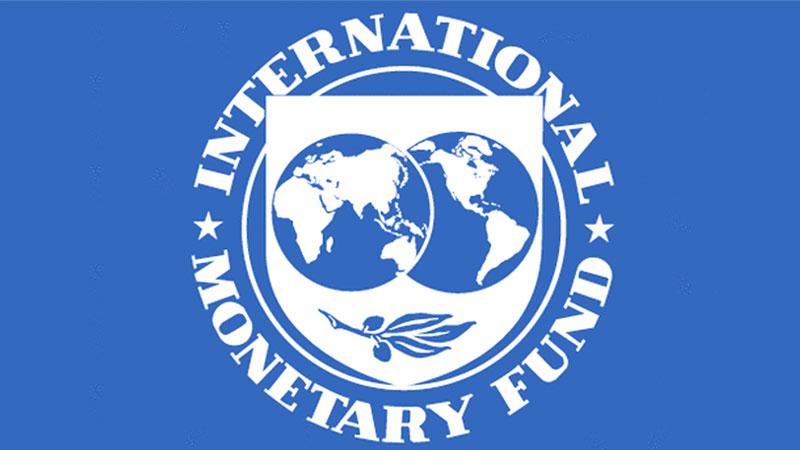
Economists and financial analysts are optimistic that there would be stability and improvement in the macro economic environment in the country this year, given the watchful eye of the International Monetary Fund (IMF) on fiscal discipline, a key requirement of the Extended Fund Facility of the international lender. Speaking at a seminar on ‘Triumph Through Turbulence? Economic Review and Outlook - 2017’ organised by the Ceylon Chamber of Commerce last week, economists were hopeful that there will be some improvement in the fiscal front this year, particularly in minimizing foreign borrowings and curtailing government expenditure.
Institute of Policy Studies (IPS) Deputy Director Dr. Dushni Weerakoon said the government would hold expenditure at around 5.6 percent of the GDP this year and that the improvement on the expenditure side will be watched by the IMF. However, economists cautioned that the country’s foreign reserves are adequate only to support imports for four months and that there has to be policy measures to boost the reserve base urgently. ...Continued on page 28
“Today the country has four months of import cover while the outflow from Treasury Bills and Bonds are not going to change this year. The US rate hike will put further pressure on the country. Thus with four months of import cover we are prone to external shocks,” Dr. Weerakoon said. She said the IMF program is useful to sort out fiscal problems but not helpful to stabilize external sector management. The IMF program is essentially a stabilization program to rebalance macro economic stability.
Experts said Sri Lanka will need a solid reserve base to meet sudden increases in world oil prices that is expected to surge further with output being curtailed by oil exporting countries. They said there has to be more foreign funds and added that the steps taken to sell off certain State assets will help ease the pressure on the outflow of funds on borrowings.
Economists expressed concern of no growth in a no inflationary pressure environment last year. They said there was no economic stability, nor were the fundamentals right for the past two years. The past year was a year of correction, providing the pace for reforms to take place. They said Sri Lanka needs systematic and Ad hoc reforms to enable private sector and export-led economic growth. Increasing skills shortage and sluggish private sector business growth shows that the reforms are not all encompassing.
However, economists noted certain positive factors last year such as the Rupee being stable compared to 2015 with market forces being allowed to operate by the Central Bank and a relatively stable environment for businesses during the past 10 months.
Frontier Research (Pvt) Ltd., Sri Lanka, Lead Economist and Senior Product Head, Shiran Fernando said tax proposals, revenue programs, reduced borrowing pressure and fiscal targets being credible and a new Central Bank governor were some of the positive factors last year.
However, he said the new US administration under Donald Trump and its trade policies, the US interest rates, elections to be held in Europe, and Brexit will have an influence on emerging markets. The US is the single largest export market for Sri Lanka. The possible shift in trade policies will have a negative impact on emerging markets.
Haleys Group Senior Economist Deshal de Mel said the flow of foreign direct investments in the past few years has been disappointing, being below USD 1 billion which was recorded in the immediate post-war years. He said there has to be consistency in policy to attract FDIs and leverage on Sri Lanka’s advantage of being a hub for trading in the Indian Ocean ring. There will be a positive impact on the economy if export-oriented FDIs come to the country this year.
